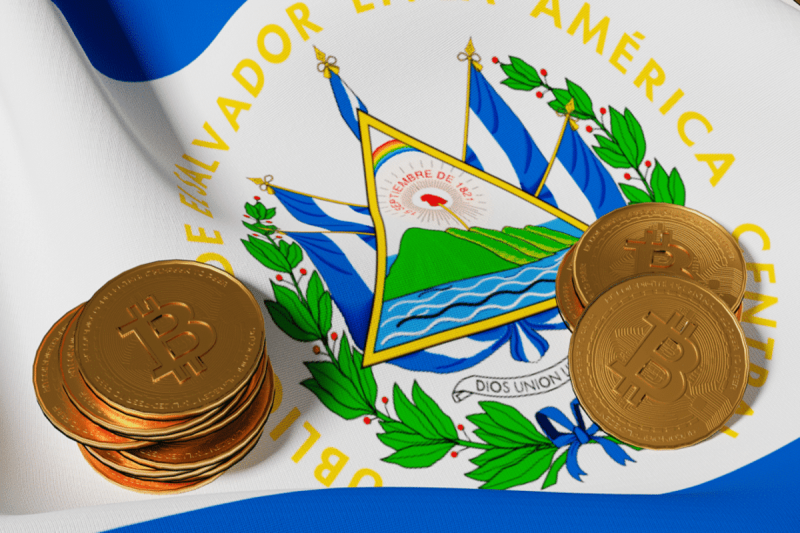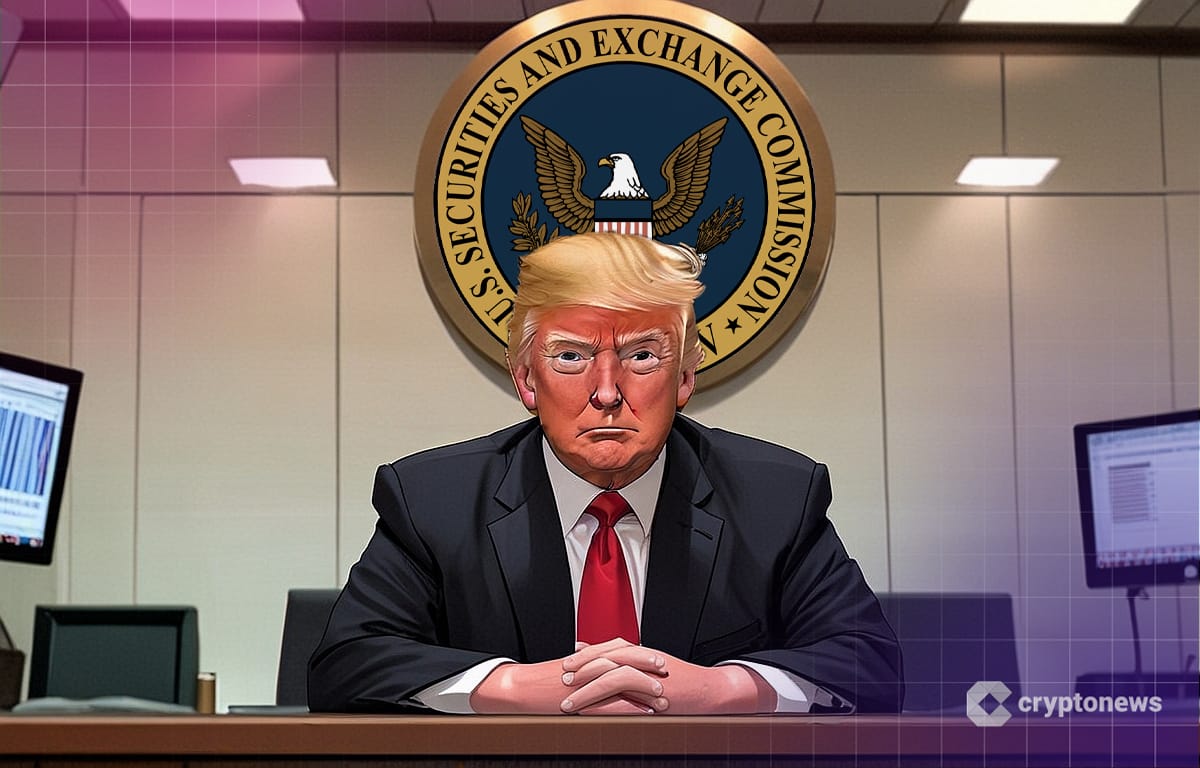12% of El Salvador’s Population Used Bitcoin for Goods and Services in 2023: Survey

According to the annual survey conducted by José Simeón Cañas Central American University in El Salvador, 12% of the local population used Bitcoin (BTC) at least once to pay for goods and services in 2023. The survey, conducted in December 2023 with 1,280 respondents interviewed in their homes, indicates a decline compared to 2022, when 24.4% of the population was reported to have made a purchase with Bitcoin.
Among those surveyed, nearly half (49.7%) made a Bitcoin transaction one to three times, while 20% used it 10 or more times. The main expenditures in Bitcoin were for groceries (22.9%) and supermarkets (20.9%), followed by veterinary clinics (15%).
The survey also revealed changes in perception regarding the impact of Bitcoin as a legal tender. In 2023, 6.8% of respondents felt their family’s life improved during the past year due to Bitcoin being legal tender, up from 3% in 2022. However, more than a third (34.3%) believed that the overall economic situation in the country improved, primarily attributed to a decline in crime (24.3%), with only 0.5% associating Bitcoin with the economic improvement.
According to the survey in 2022, only 24.4% of respondents reported using BTC as a means of payment since the country’s government recognized it as legal tender. Despite the government’s efforts to promote Bitcoin adoption, 95% of respondents stated that their lives “stayed the same” or “[have] gotten worse” since Bitcoin became legal tender.
El Salvador’s President Nayib Bukele has been a vocal supporter of Bitcoin and has initiated various Bitcoin-related projects, including proposing the establishment of a “Bitcoin City” with nominal tax rates set at 0%. The government has also made significant Bitcoin purchases using the national budget, amounting to over $107 million.
Interestingly, the survey did not include questions about the Salvadoran government’s BTC investments. In 2023, 77.1% of respondents expressed the desire for the government to stop “spending public money on Bitcoin.” The overall profit of the government’s BTC portfolio, tracked by the “Nayib Bukele Portfolio Tracker,” is around 0.57% at the time of writing.
A Study Reveals Challenges and Contradictions in El Salvador’s Bitcoin Adoption
In September 2021, El Salvador’s government, led by President Nayib Bukele, passed the “Bitcoin Law,” making the cryptocurrency legal tender in the country. The move aimed to provide financial access to the unbanked population by allowing anyone with a phone and internet connection to access a central-bank-backed cryptocurrency wallet.
However, a study revealed several key issues, highlighting that the primary demographic eager to adopt BTC as a currency is “young, educated men with bank accounts.” The research identified privacy and transparency concerns as significant barriers to adoption, which is surprising given that decentralized currencies like crypto aim to address these concerns.
Additionally, it was also noted that initial adoption costs were substantial, and benefits increased as more people adopted the technology. Additionally, resistance from businesses was identified as a factor hindering adoption.
Contrary to some hypotheses that suggested crypto could benefit the poor and unbanked the most, the study found that the already wealthy and banked were the primary users of crypto in El Salvador. This finding challenges the notion that cryptocurrencies inherently serve the interests of an underserved population.
The study also pointed out that Bitcoin’s lack of privacy contradicted claims made by its supporters. While some argued that Bitcoin’s system could evade surveillance by traditional banks, law enforcement authorities adapted to use other checks and balances to track, monitor, and potentially apprehend Bitcoin users.
Meanwhile, the government of El Salvador has been bolstering its efforts to increase crypto investment within the nation.
In December 2023, it was reported that the country had initiated a fresh citizenship-by-investment initiative, providing a residency visa and a route to citizenship for individuals prepared to invest $1 million in Bitcoin or Tether within the nation.
The post 12% of El Salvador’s Population Used Bitcoin for Goods and Services in 2023: Survey appeared first on Cryptonews.



